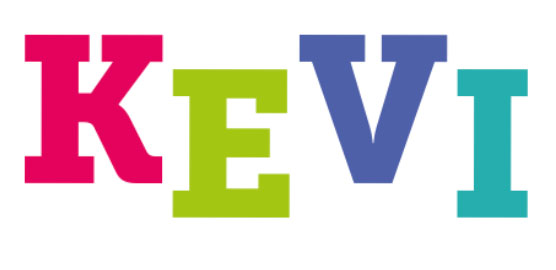At this stage in the academic year, you will hear a lot about university as the UCAS application process begins. But what should you do if you don’t think you want to go to uni? Or you think you’re not 100% sure either way? Here are a few ideas of alternatives that are out there to explore:
Apprenticeships
Work while you study – an apprenticeship is a way to gain the skills, knowledge and experience you need to get into many careers. They combine work, training, and study, letting you ‘earn while you learn’.
There are many different apprenticeships available across a wide range of industries, and for a wide variety of job roles. As a paid employee, each apprentice works alongside their studies. There are no student fees – your training costs are funded by the government and your employer.
It’s an ideal option if you have a clear idea of the career path you want to follow, providing you with practical, on-the-job training, and classroom-based instruction. You can actually search for apprenticeship on the UCAS website but there are other useful websites such as:
https://www.gov.uk/apply-apprenticeship
https://amazingapprenticeships.com/vacancies/
Or even just typing in ‘apprenticeship’ into the search function on https://www.indeed.co.uk/
Internships
An internship allows you to spend time in a company, to learn new skills and gain experience in a particular industry or job role. Think of an internship programme like a fixed period of work experience – this work experience gives you the opportunity to improve your understanding of a particular job or industry.
- You can either shadow a professional, or work for a company.
- Some internships are unpaid – particularly if competition is high.
- You’ll understand what a particular role is like, and gain real life work experience.
Some big companies e.g. PWC, offer fantastic internships. Many can be found advertised on regular job search websites.
Gap Years
A gap year offers you the opportunity to gain skills and experiences, while giving you time to reflect and focus on what you want to do next.
- A productive gap year can be valuable on your CV – many employers value the experiences students have gained if they’ve actively managed their time, set themselves goals, and stretched themselves.
- Some people may choose to work during a gap year in order to help fund themselves through university later. They may have chosen to defer their entry by a year or held of applying altogether at this point.
- Some students choose to take a gap year to have a rest from studying at a point that may seem more convenient than at the end of their degree. They may also use the gap year to help them decide exactly what it is they want to do.
- If you do decide to apply for uni, it could be useful to tailor your gap year to relate it to the subject area you plan to study.
- Gap years can involve a range of activities from volunteering overseas to teaching abroad.
There are a few great websites out there but https://www.gapyear.com/ is particularly informative and user friendly.

